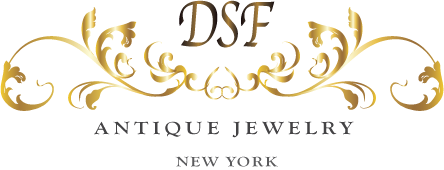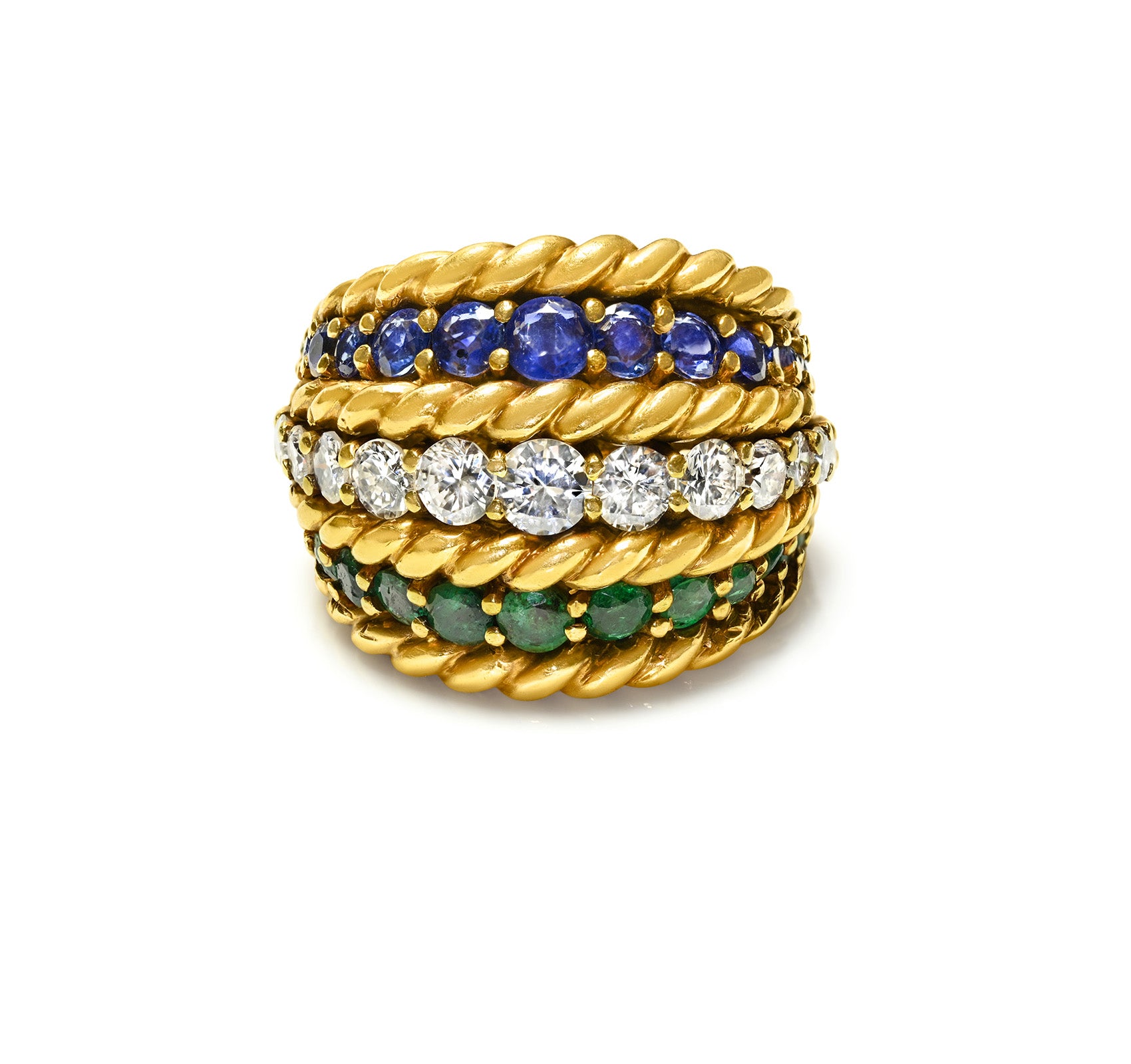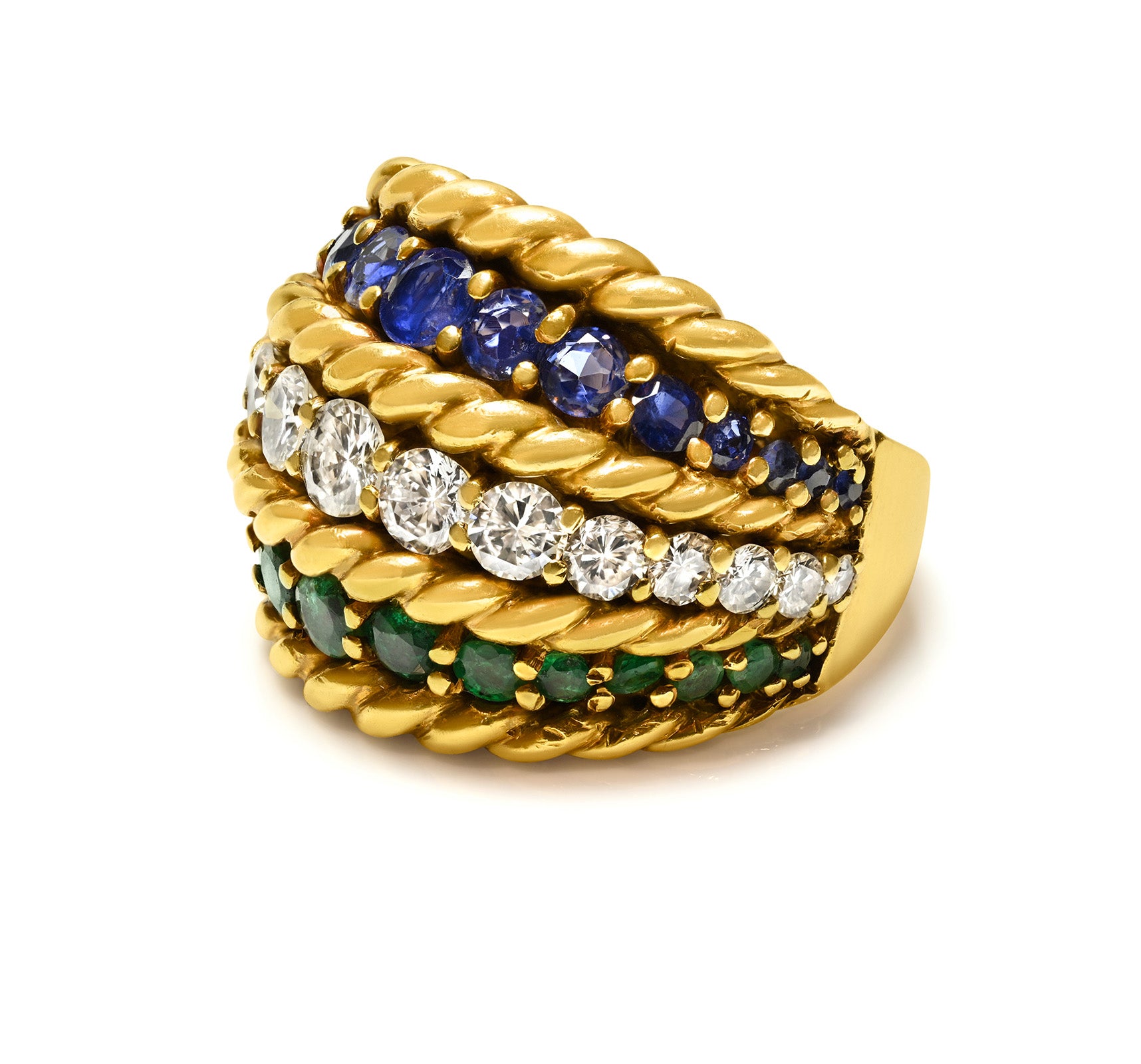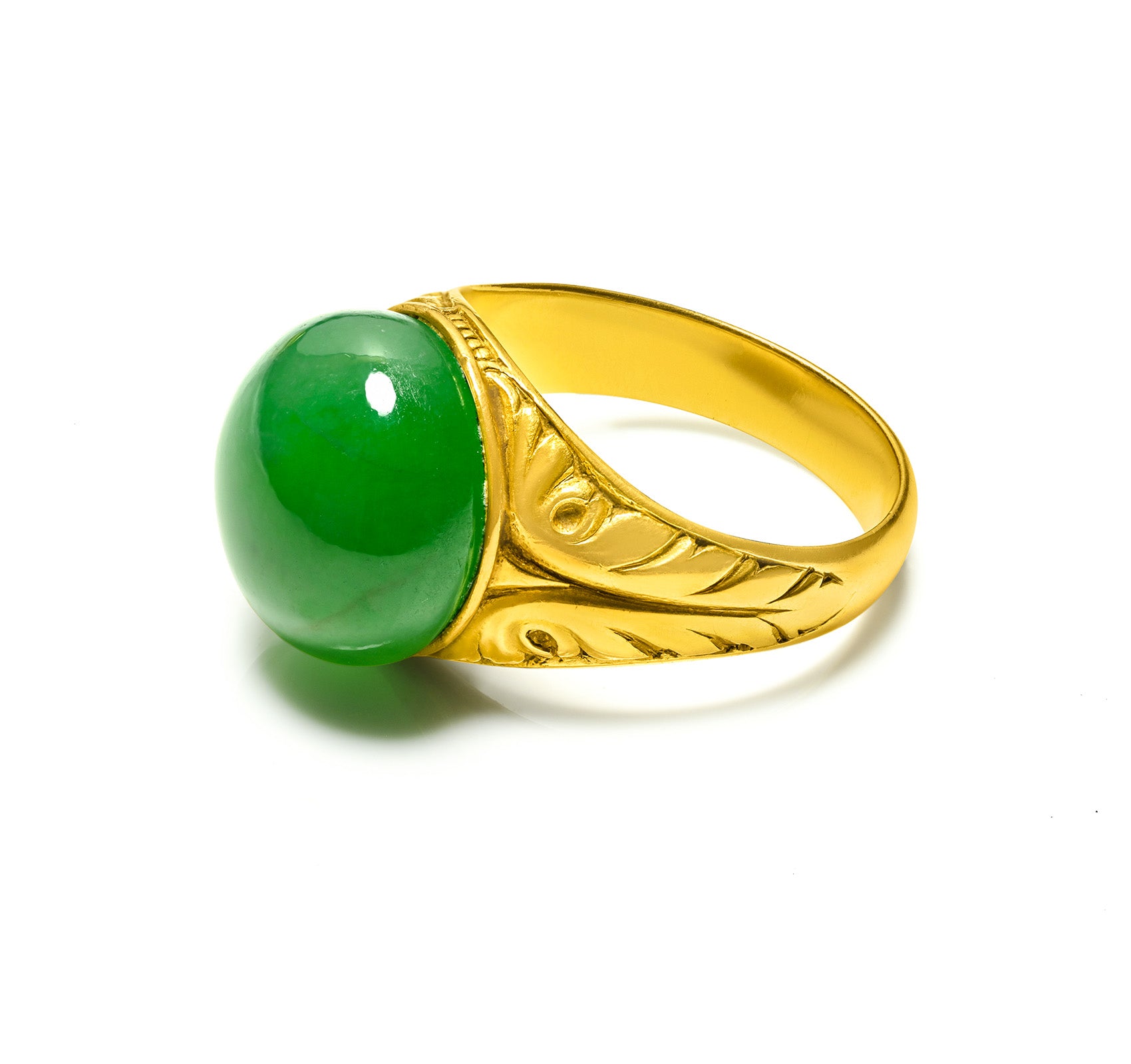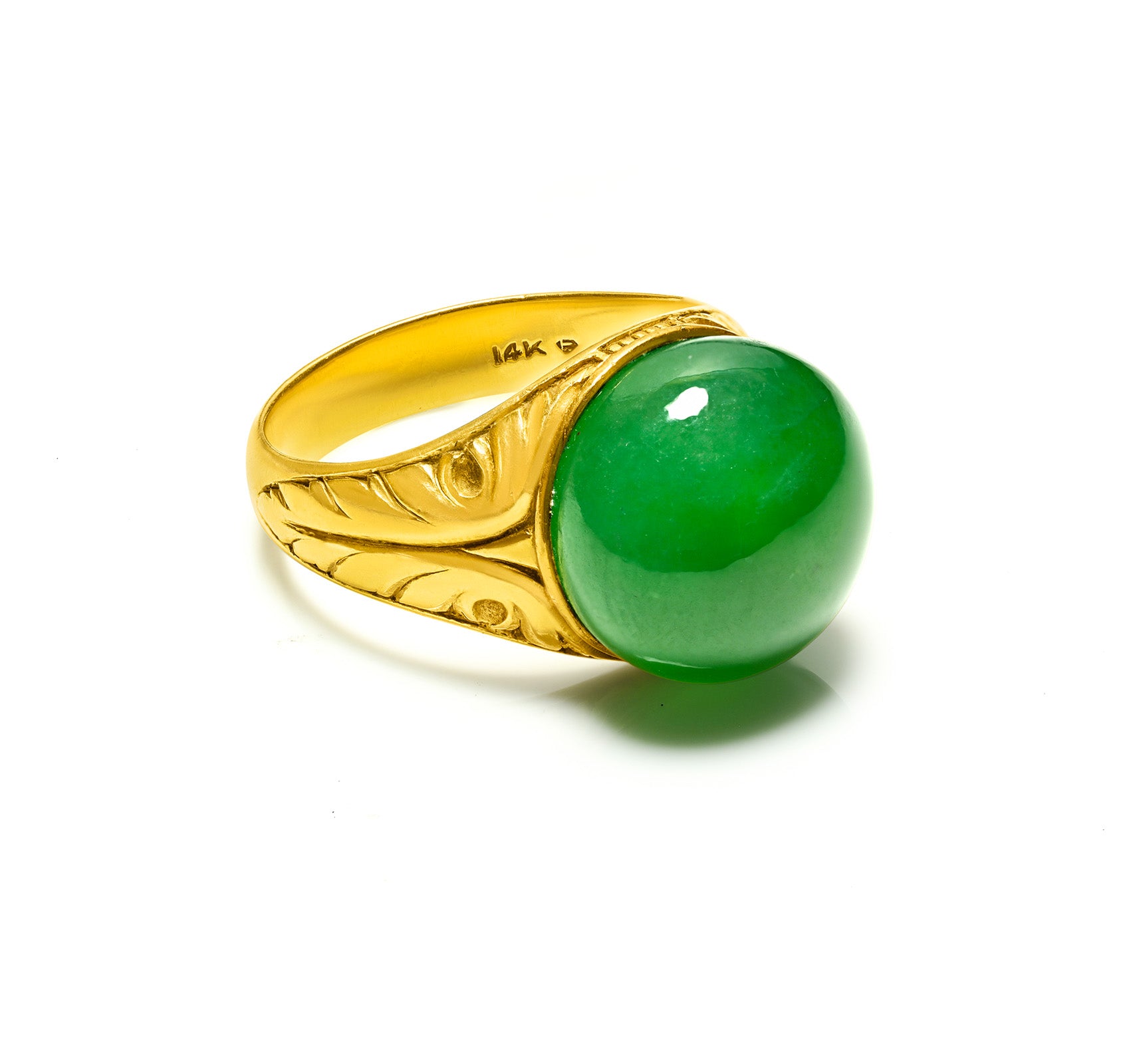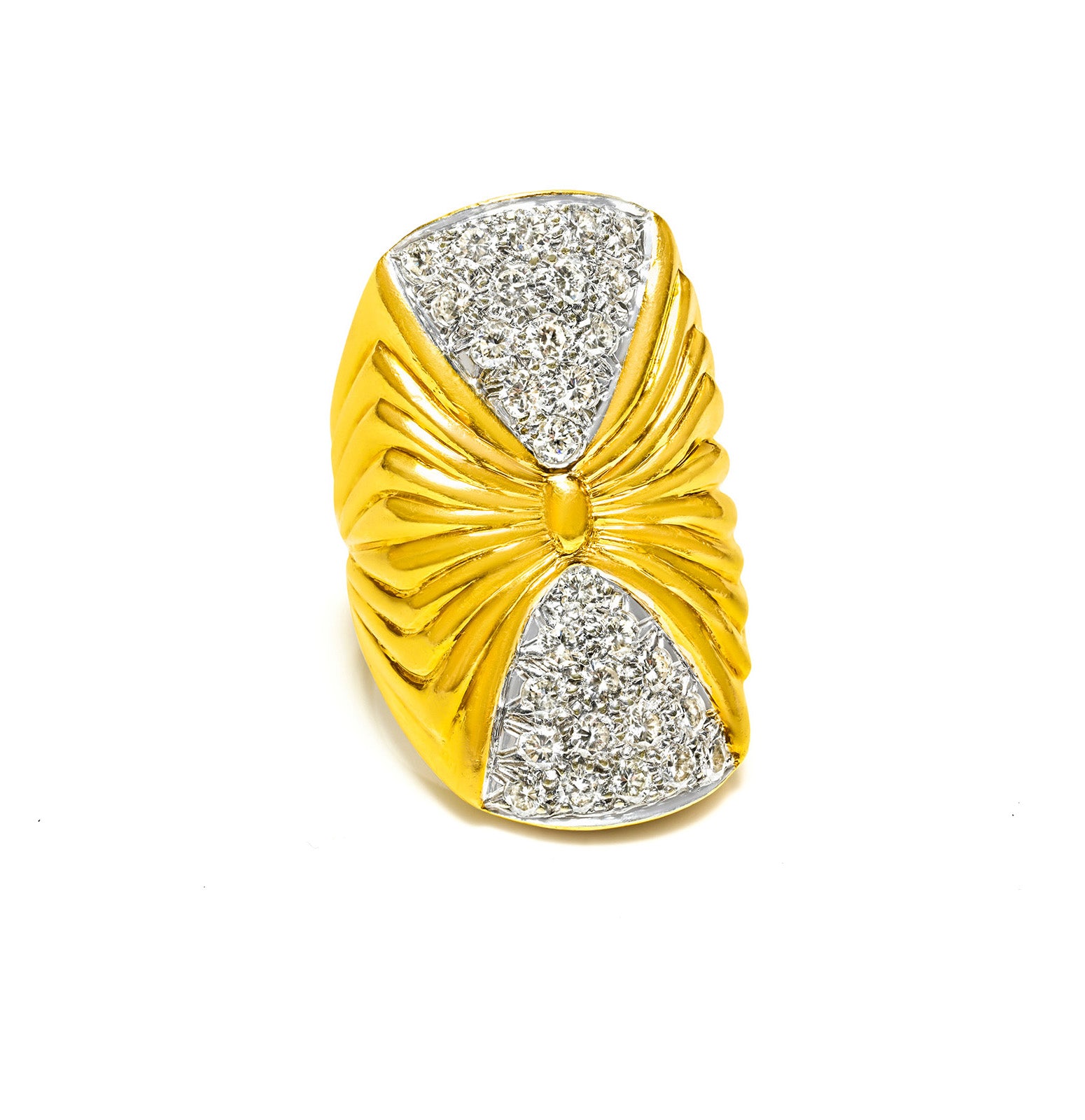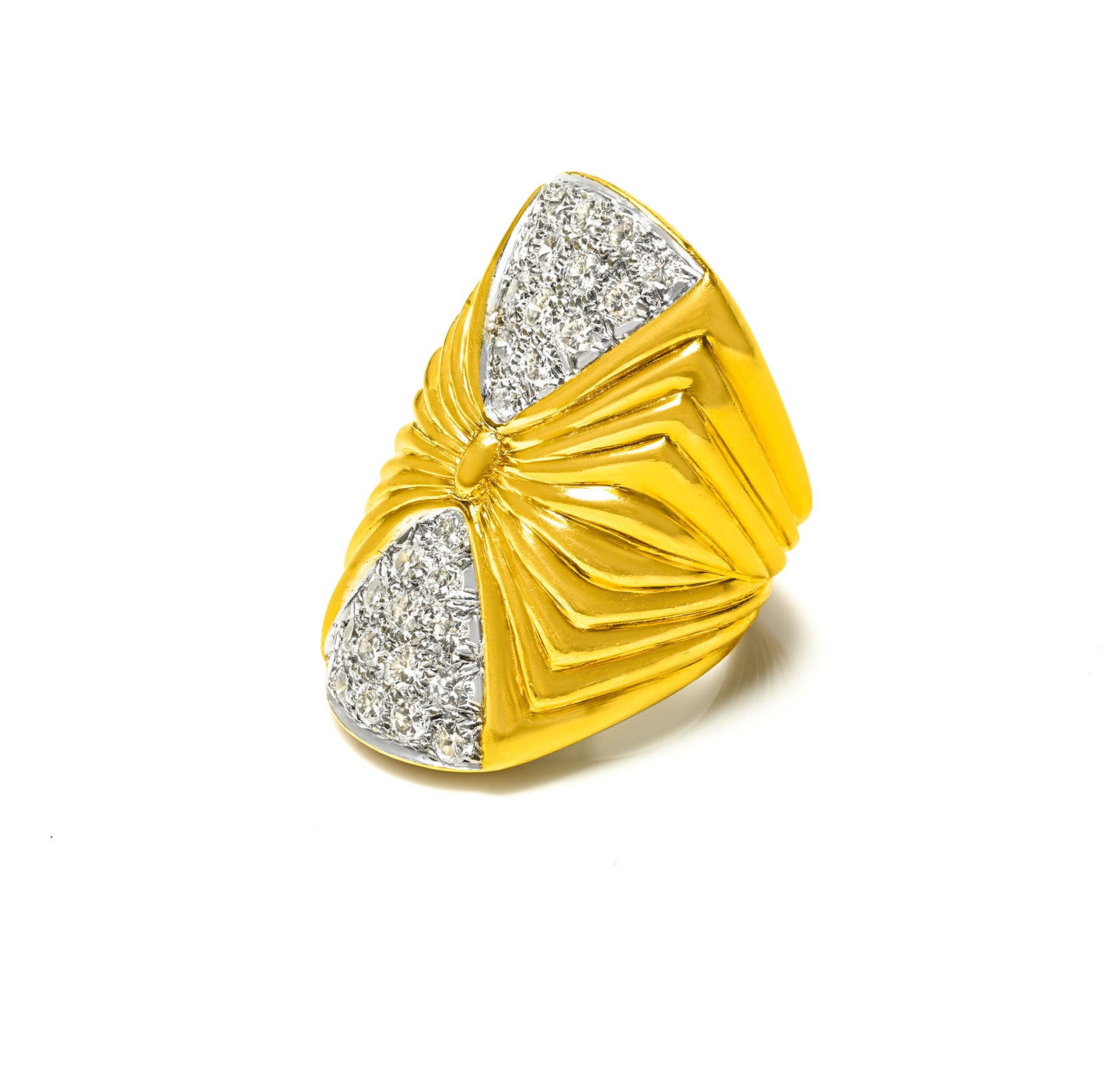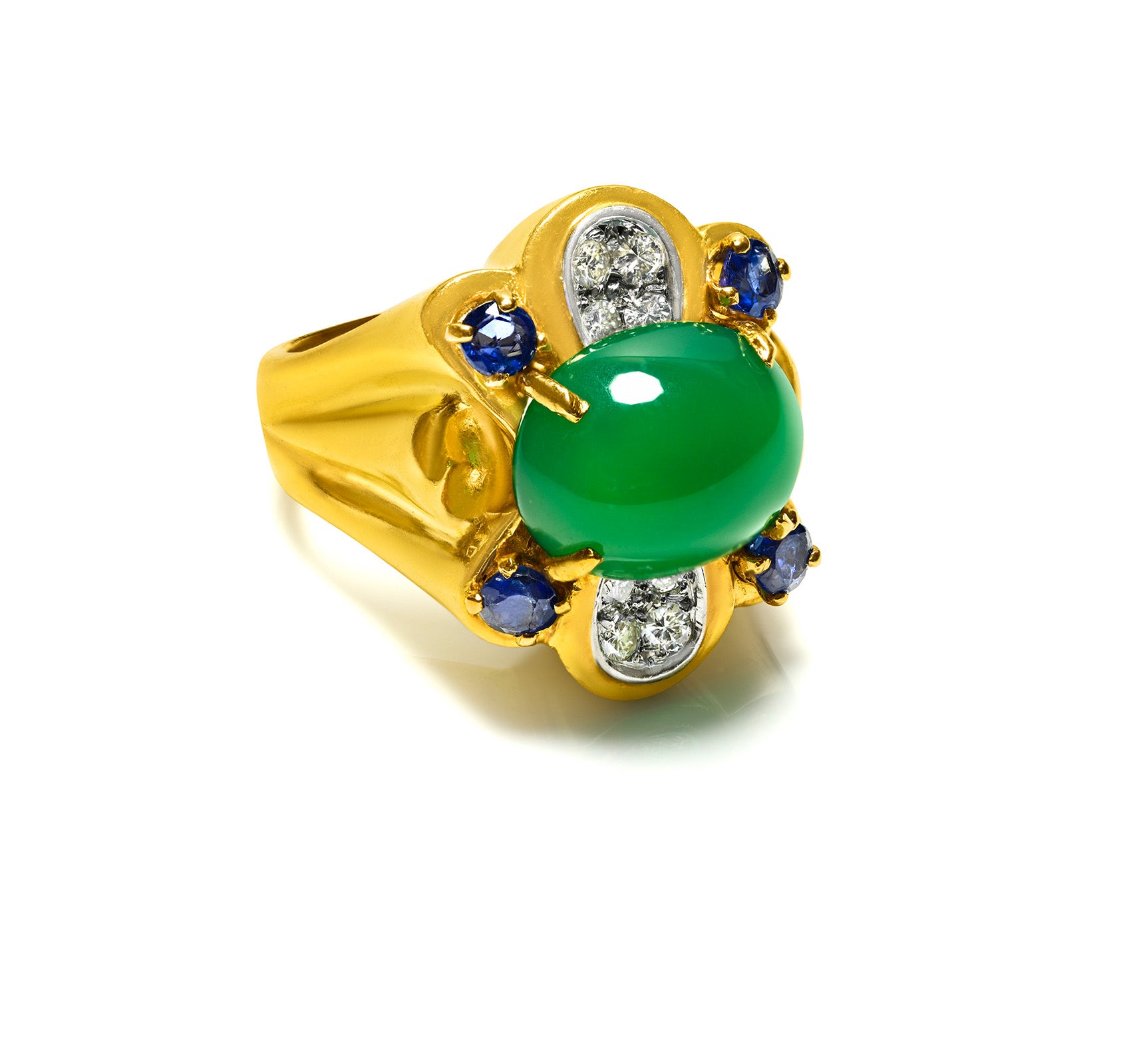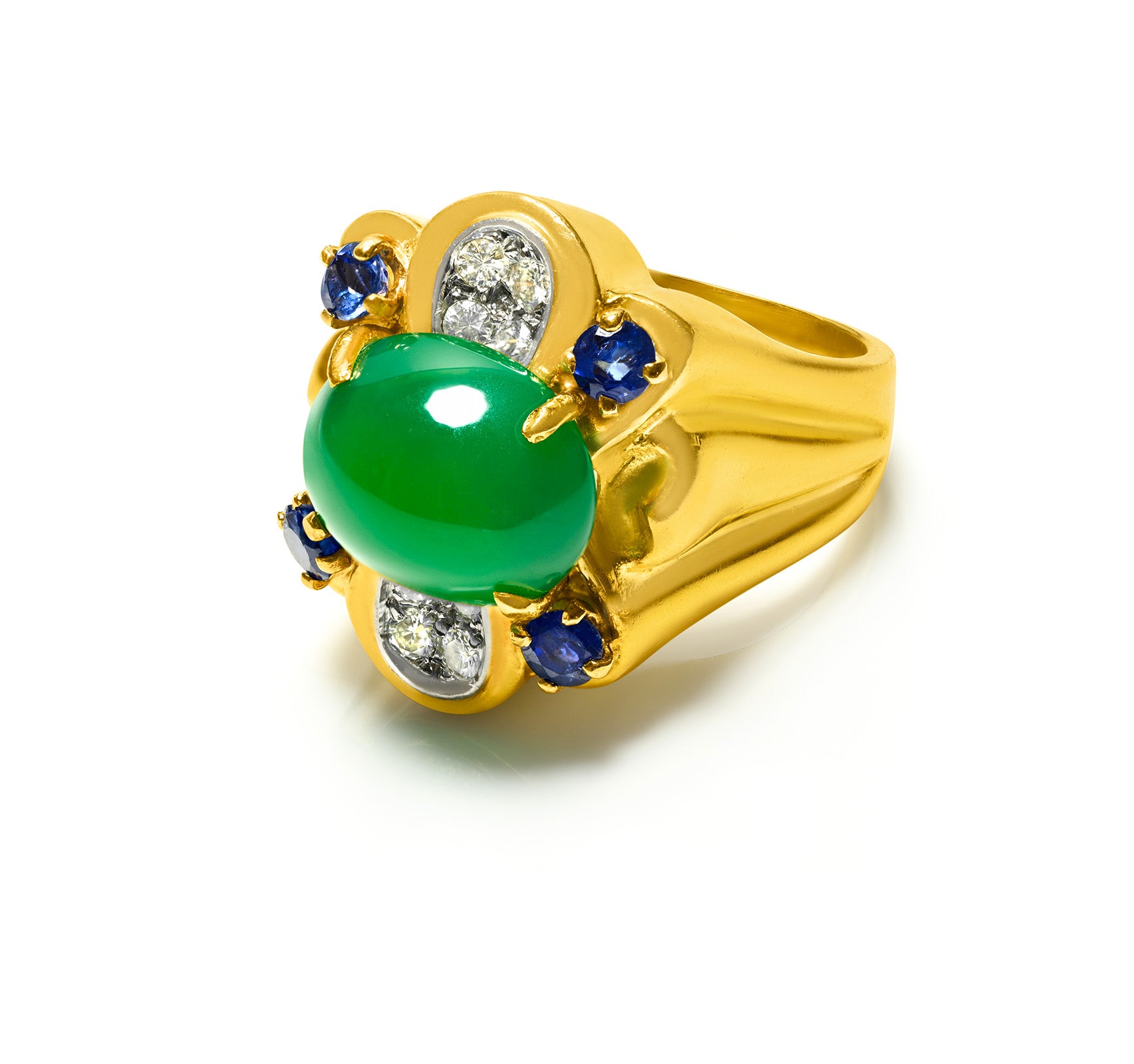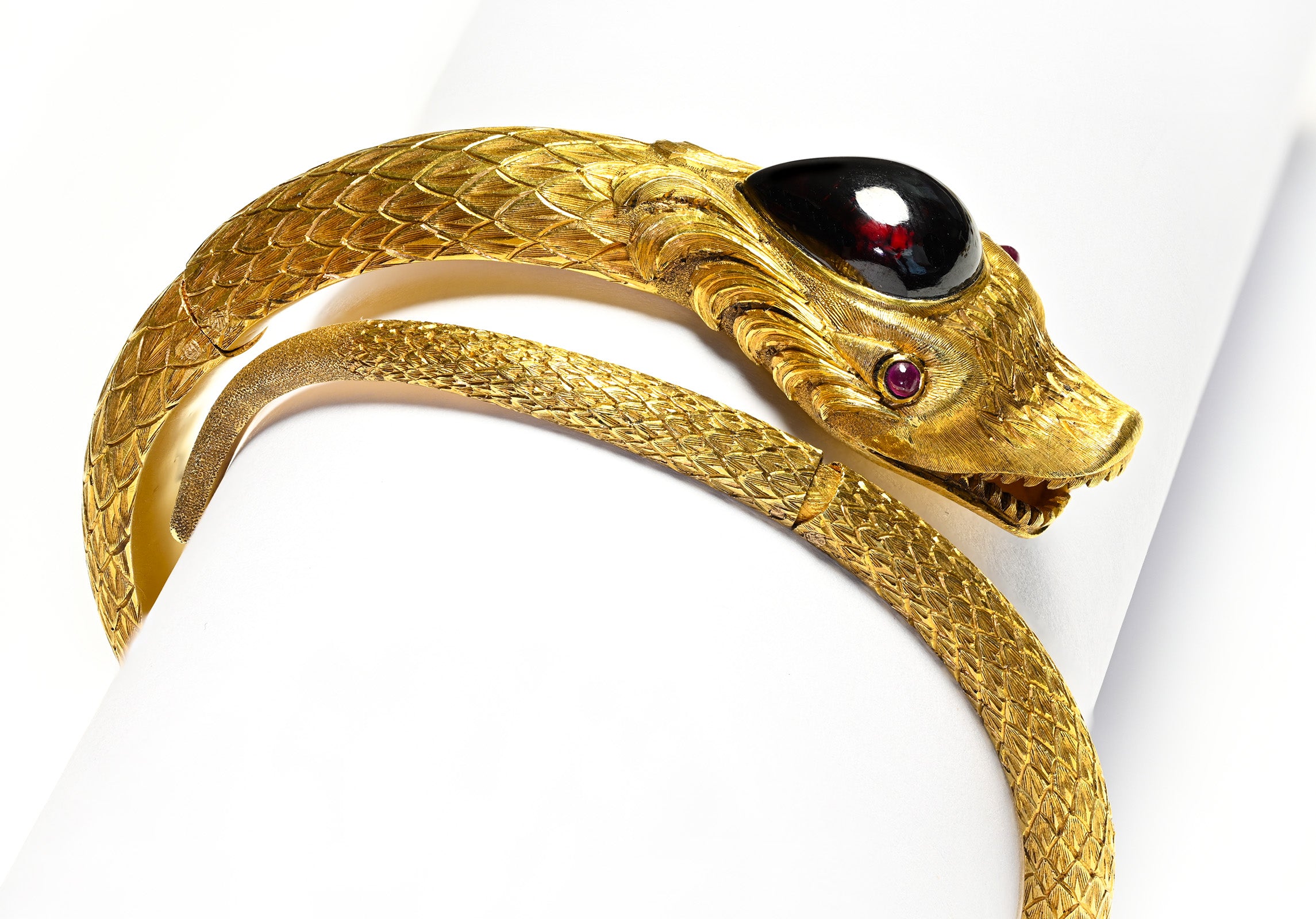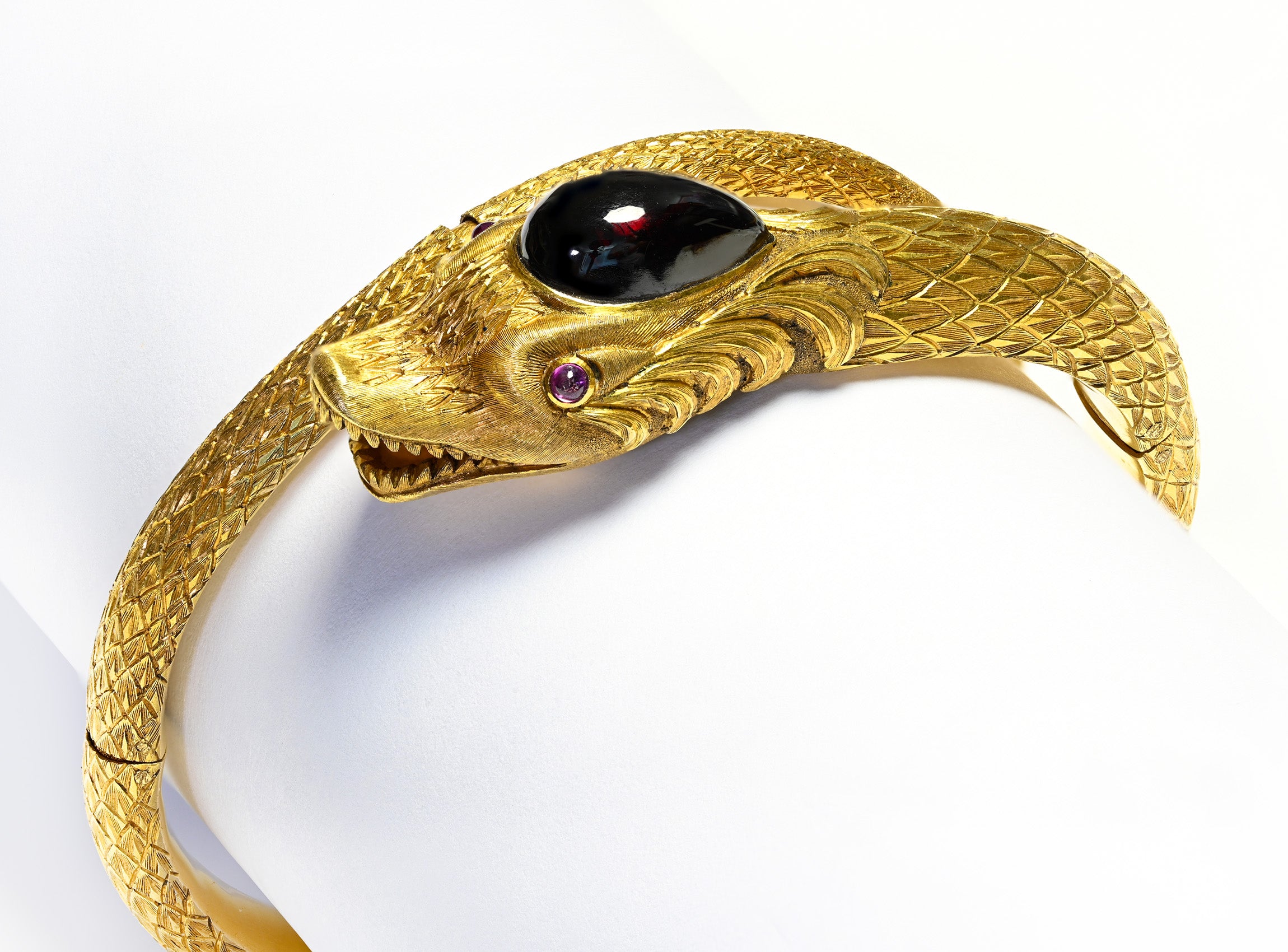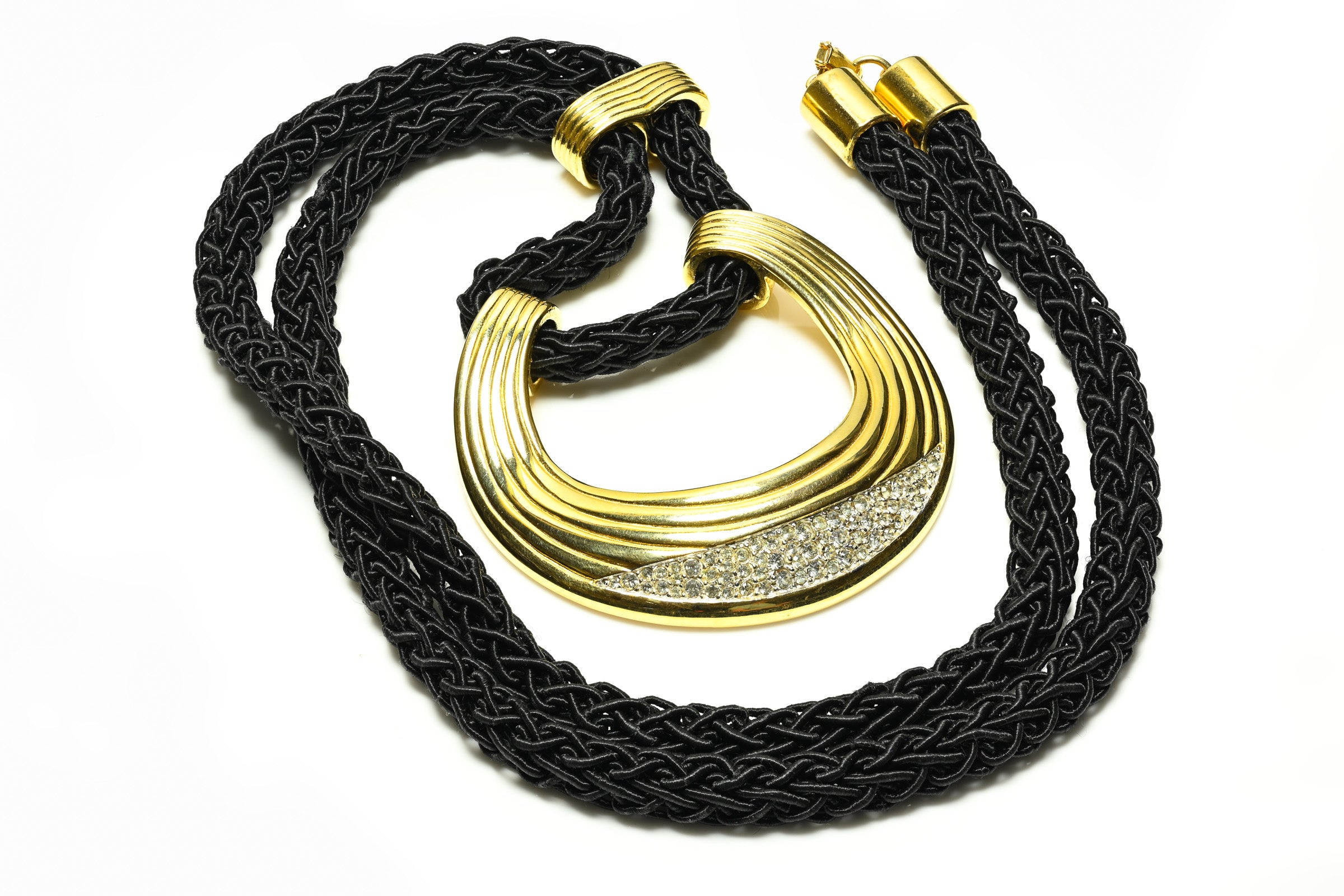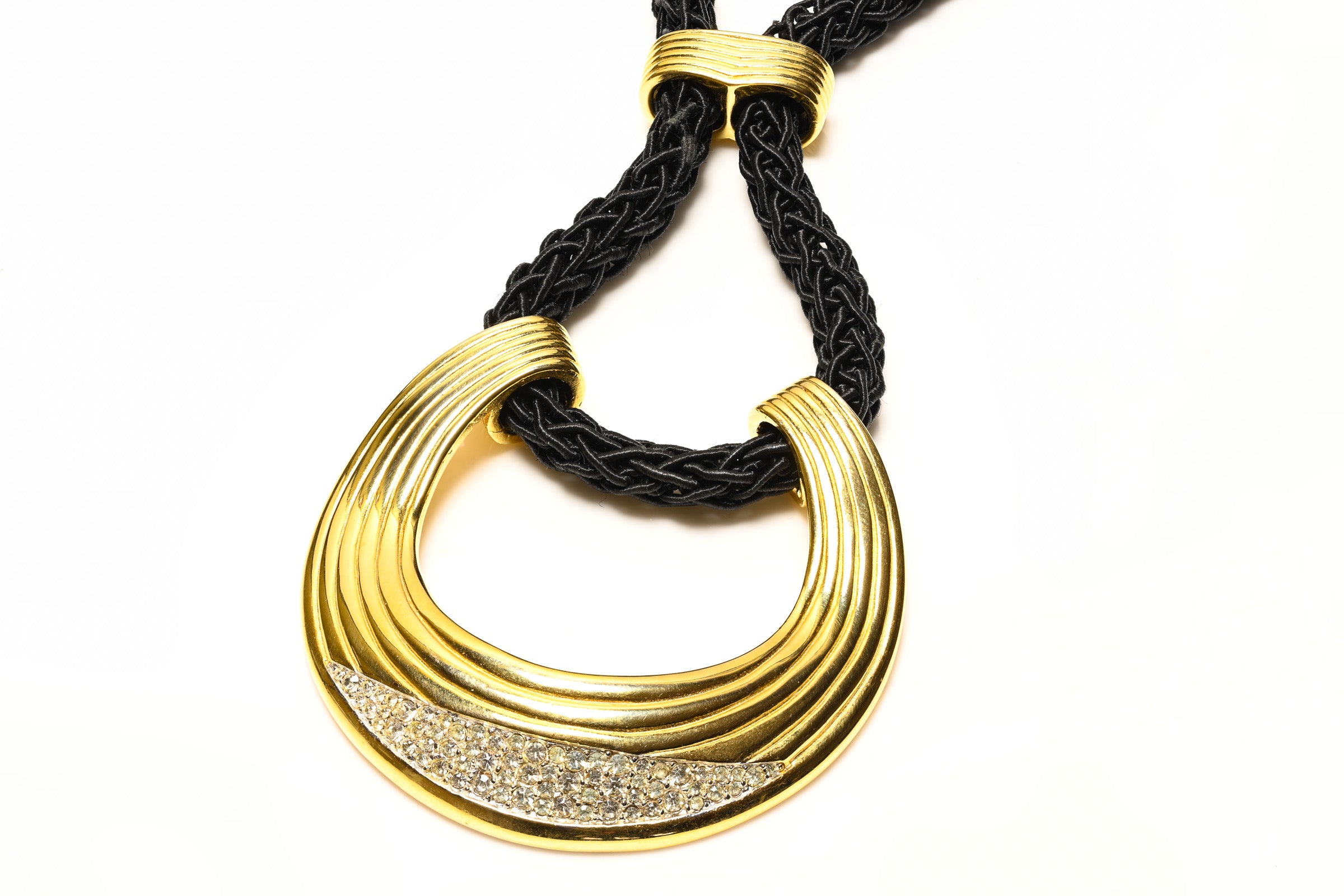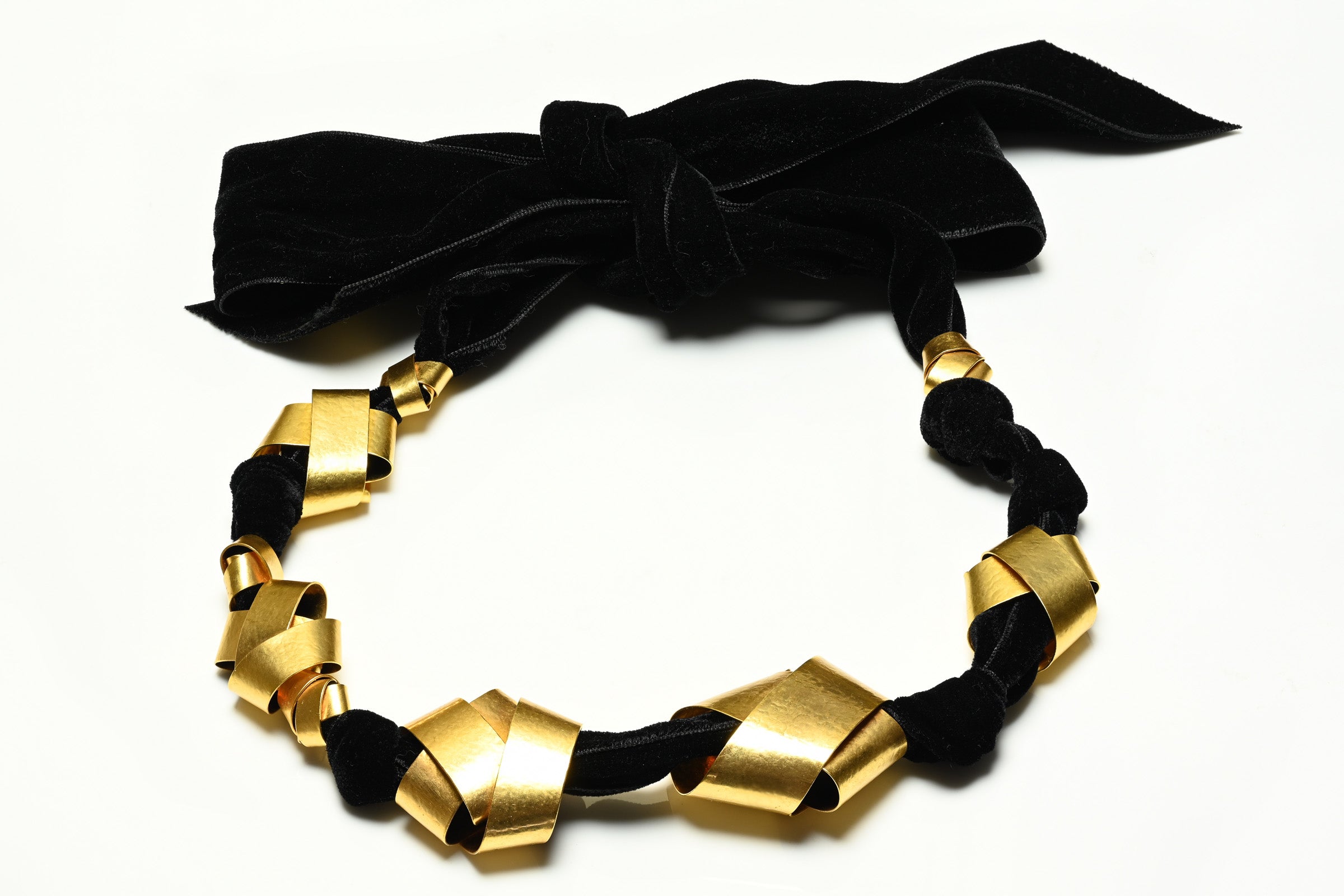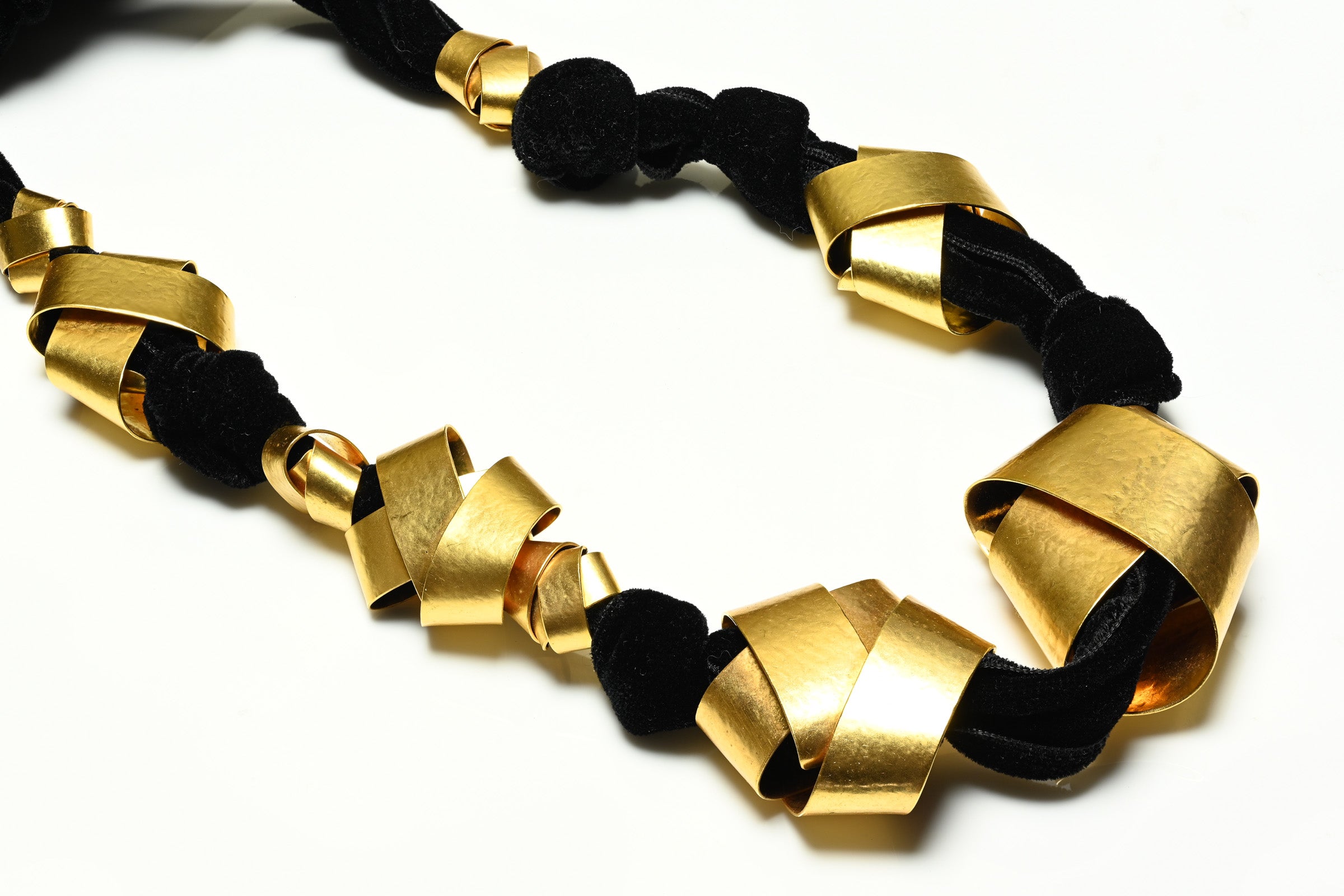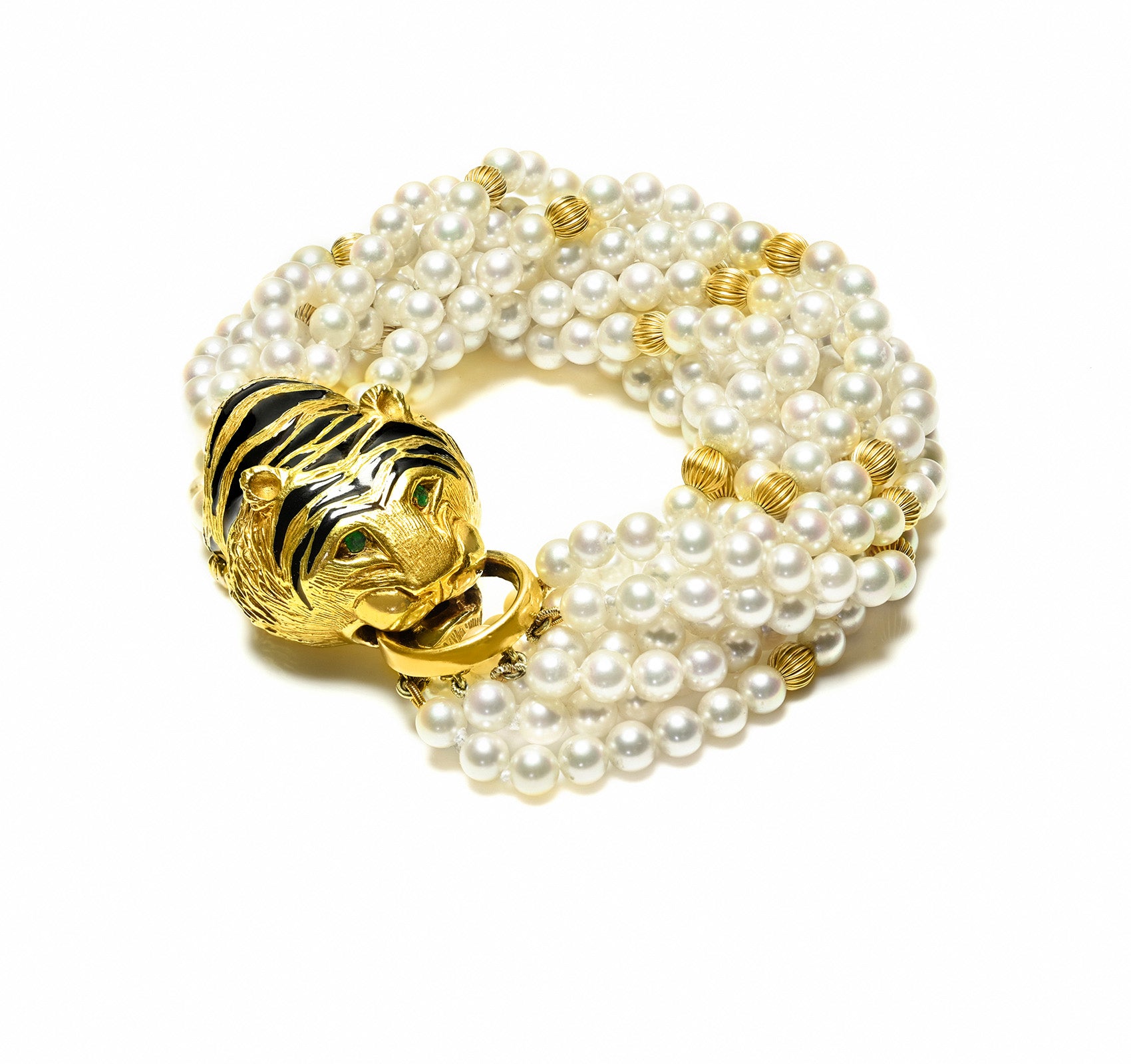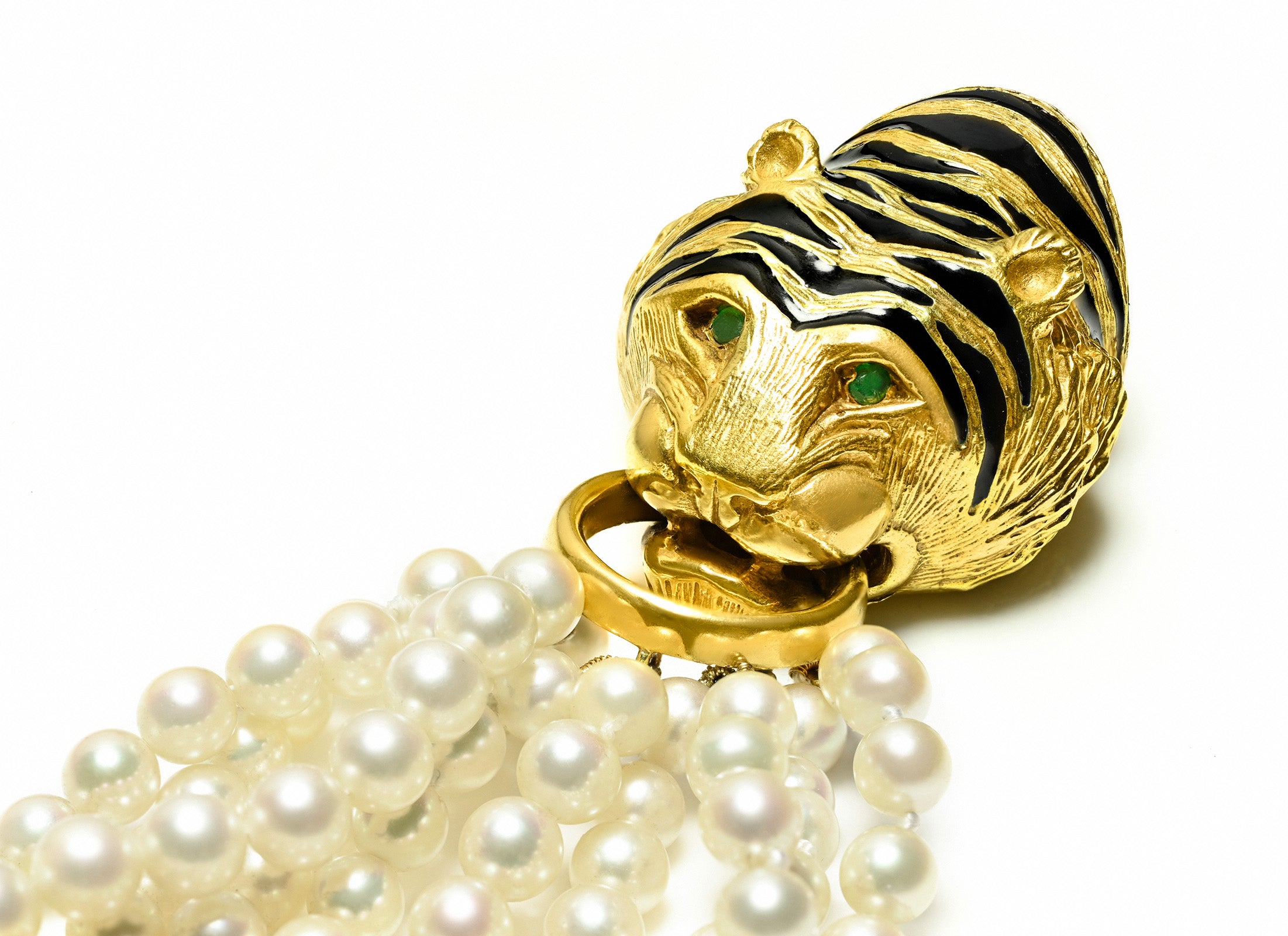
What Did King Charles III Inherit From His Mother Queen Elizabeth
King Charles III will receive a sizable inheritance after the death of Queen Elizabeth II, the British monarch with the longest reign.
According to Fortune, Her Majesty left behind more than $500 million (approximately £400 million) in personal assets after her 70 years as a monarch.
Also, Queen Elizabeth's death may bring back into question the fact that her estate was implicated in the so-called "Paradise Papers" scandal, a journalistic investigation into tax avoidance practices by politicians, businessmen, and celebrities around the world, according to Yahoo Finance.
No Taxes For The Inheritance Of King Charles III
And now, King Charles III will inherit the majority of the late sovereign's personal assets in its entirety, without the British government receiving any compensation.
According to a provision signed into law by the then-prime minister John Major in 1993, inheritances handed from "a sovereign to a sovereign" are exempt from the 40% tax levied on assets worth more than $380.000 (approximately £325,000).
However, there is much more at stake than the $500 million inherited by King Charles III.
The vast wealth of the Royal Family is broken down in the table below.
The True Royal Riches
The monarchy as an institution is in possession of royal riches that are worth an estimated value of $38 billion.
All these will be given to King Charles III in trust.
The assets include properties such as the Crown Estate, Buckingham Palace, the Duchy of Lancaster, the Duchy of Cornwall, Kensington Palace, and the Crown Estate Scotland.
Also, on the list are the Royal Collection of art and jewelry, as well as official residences and the Royal Archives.
That makes it one of Europe's most prominent property empires, with a huge commercial interest in areas such as developing offshore wind power generation.
King Charles III, who once married to the late Princess Diana, is not allowed to sell any of these assets. But the Royal Family receives 25% of the profits from the Crown Estate.
Charles' personal wealth, which according to celebritynetworth.com is estimated to be worth about $100 million, will be augmented by the riches of the late Queen Elizabeth.
Prince Philip, Queen Elizabeth's late husband, left a more modest legacy worth £10 million (approximately $11 million), which included a collection of about 3,000 works of art, most of which were given to relatives and friends, according to the Sunday Times.
The Duchy of Lancaster is a private estate with business, agricultural, and residential properties owned by monarchs since the Middle Ages and which Charles inherits as king.
King Charles III has the right to spend the money and typically does so to cover official expenses.
Duchy of Cornwall
Long before he inherited his mother's empire, King Charles III created his own.
Charles spent fifty years building his royal estate into a billion-dollar portfolio. He is one of the most successful moneymakers in the royal family industry.
While his mother, Queen Elizabeth II, primarily entrusted responsibility for her portfolio to Charles, the development of the Duchy of Cornwall, a private estate, involved Charles in a far deeper way.
King Charles III has built up a sizable group of experienced managers over the last ten years who have almost doubled the value and profits of his portfolio.
The iconic cricket stadium The Oval, the luxuriant countryside in the south of England, coastal vacation rentals, office space in London, and a suburban grocery depot are all currently owned by the Duchy of Cornwall.
The 130,000-acre real estate portfolio, which is almost the size of Chicago and brings in millions of dollars annually in rental income, is customarily controlled by a duke or duchess, according to New York Times.
However, King Charles III will forfeit the Duchy of Cornwall.
Prince William, the eldest son of Charles and the current successor to the throne will get the duchy, which was established in 1337 by Edward III for his son and heir, prince Edward.
The Sovereign Grant
The British Royal Family is traditionally supported by taxpayers' funds, following an agreement made by King George III in the late 18th century.
The Sovereign Wealth Grant is a fixed annual payment that is paid to the royal family from public funds. In 2021 and 2022, the value of the sovereign grant has been set at just over £86 million (approximately $100 million).
These funds are used to cover a variety of the expenses of King Charles III and the rest of the royal family, including travel costs, security, and official engagements. The grant also helps fund the upkeep of royal residences such as Buckingham Palace.
The Sovereign Grant is used to support the Queen and her family, as well as to pay the costs associated with the succession to the throne.
Jewelry Collection Estimated At $5.5 Billion
Officially, the Crown Jewels are considered priceless and are not insured.
Although there are no official figures on their value, the Queen's entire jewelry collection is estimated at $5.5 billion.
King Charles III Inherits Also Problems
The ascension of King Charles III to the throne has reignited a debate over whether the royal family deserves a global role in the 21st century, no more so than in the 14 Commonwealth realms where the British monarch remains the head of state.
Hard questions about the place of a foreign king have been raised by the legacy of empire and slavery that have been intertwined with British royalty for centuries, and republican movements from the Pacific to North America to the Caribbean will be deciding whether they should take advantage of the opportunity.
Recent events, including Barbados' conversion to a republic in 2021 and the removal of Queen Elizabeth as its head of state, have also contributed to a buildup that may now reach a peak, according to The Guardian.
Although there are vocal republicans in Australia, New Zealand, and Canada, it seems like Jamaica will have to deal with the problem first, not least because installing King Charles III could necessitate a constitutional referendum.
Lifestyle
Over the previous ten years, the royal family's finances and Charles’s personal wealth grew at a period when Britain was facing severe austerity budget cuts. The number of people using food banks practically doubled as poverty levels rose.
The King’s lifestyle of polo and palaces has long fostered claims that he is disconnected from the everyday person.
And on occasion, King Charles III has served as an unintentional symbol of that disparity, as when students surrounded his limousine in 2010 to protest increased tuition or when he stood atop a gilded throne last year to promise assistance to low-income families.
The Future
King Charles III is the oldest heir to the British throne, and some experts believe that the responsibilities and challenges of being head of state should prompt him to abdicate in favor of his son so that he can retire with honor.
Taking over the overwhelming inheritance left by his mother, Elizabeth II, he has a window of time in which to rule the country, and now everyone is waiting to see what kind of sovereign he will be, according to some experts.
According to Deutsche Welle, one of the reasons for King Charles III to abdicate would be that he is not comfortable with the constraints of his role as monarch, particularly in expressing his personal views. The King is used to speaking his mind.
The new monarch of the United Kingdom, a more polarizing figure than his mother, is expected to rekindle debate over the usefulness of the royal family in light of the current state of the nation.
At the same time, King Charles III is expected to fill the void created by the death of Queen Elizabeth II, an iconic figure across the globe, known for her sense of duty and devotion to service.
Photo Credit: Adam Schultz, Public domain, via Wikimedia Commons
